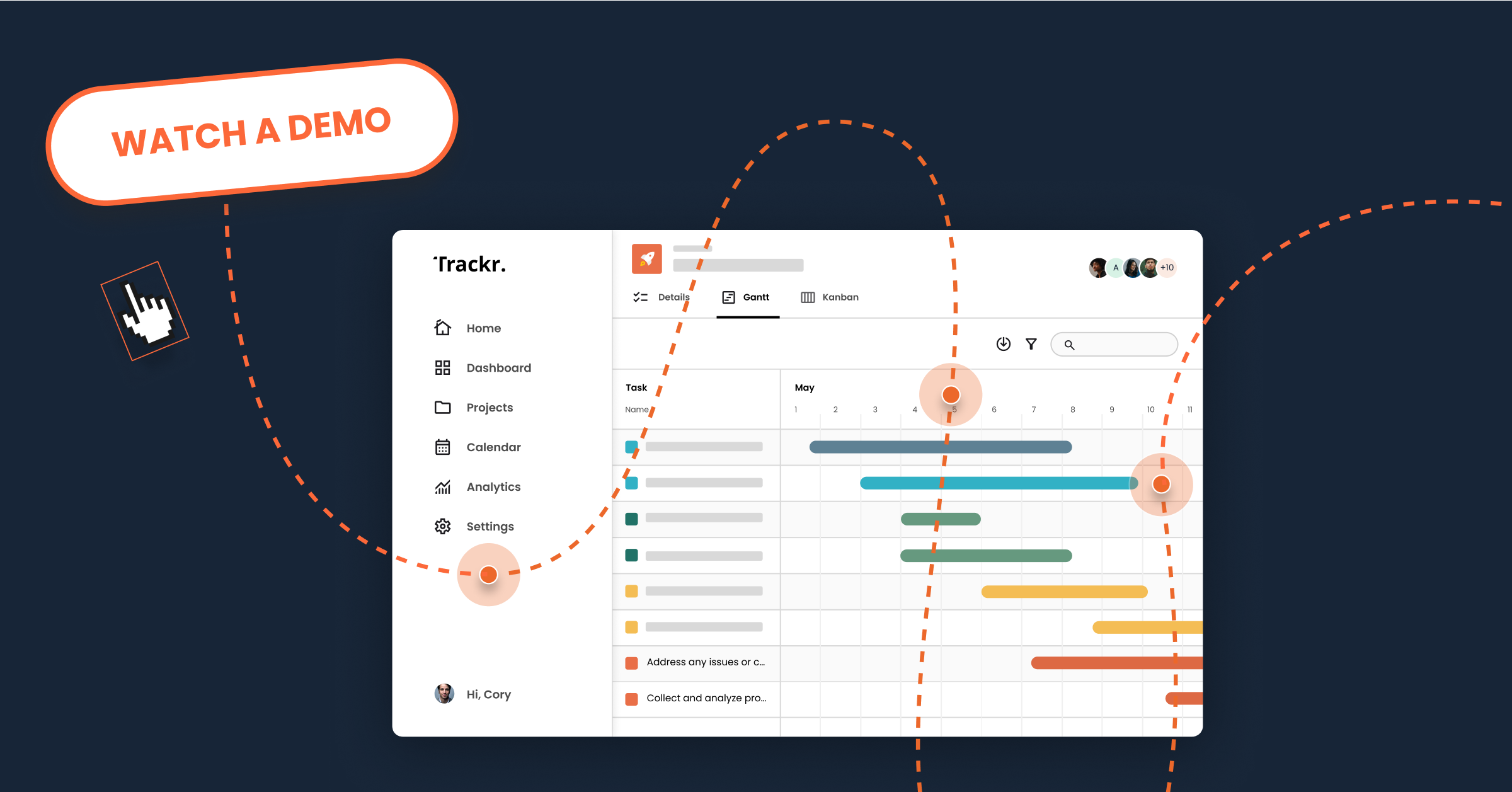I previously wrote that if you don’t start thinking like buyers, your close rate will plummet. I said, sparking some controversy, that there are no such thing as complex sales…only complex purchases. To do that we need to get into the mind of the buyer.
So what do buyers care about?
First of all, no matter how big the sale is, buyers are still people. That is the first rule in all of sales is that buyers are people. This may sound obvious, but too many of us get intimidated by the size of the deal or the outsized reputation of the organization we are selling into. At the other end of the line is a human being. And what makes a human being buy? Emotion.
Buyers Are Emotional
We all think we are rationale thinkers, but in the end we make purchase decisions based on emotion. The rational mind might lead us to think “This new purchase will help me win.” but then our mind goes to emotional events, such as the promotion we’ll get, the recognition we’ll receive, the bonus that will get us that trip to Tahiti, and so on. No “rationale decision” to purchase is without emotion.
Buyers largely have one or more benefits they are looking for:
- Profit (“Think of what I can buy with the money I’ll make.”)
- Prestige (“When everyone applauds for me at the awards event, I’ll know I’ve achived a milestone.”)
- Pleasure (“This will make my life easier.”)
- Preservation (“Definitely going to keep my job secure with this.”)
- Pain Relief (“The #*$&@ user interface is so frustrating, with this new UI, our whole team will love using the CRM again.”)
Buyers in Groups Are Risk Adverse
CEB’s research demonstrated in “The Challenger Customer” revealed that buyers in groups often default to the status quo rather than make a purchase that could risk too much disruption or hard feelings. Contrary to pop-psychology “group think” where group mentality is more likely to take risks, CEB’s research showed that buyers in groups are often more risk adverse, unless you intervene.
What are they scared of? Among other things, buying groups are worried :
- That the new solution will be even worse than the existing solution; like a co-dependent victim of abuse, sometimes sticking with the bad solution seems better than risking on something new, because at least it’s known.
- That implementation taking too much time or energy.
- That upsetting the fruit basket and disrupting what good things are already happening.
- That creating strife among peer team members or dealing with existing strife that they would just as soon rather avoid.
- About losing their reputation by betting on and promoting something new and not having it work out.
A normally strategic thinker will often turn risk-adverse once they start getting negative pushback from others in the group. So you have to find a way to get to the heart of every stakeholder’s interests and needs and drive value in a way that brings everyone together.
Buyers Want a Personalized Experience
Buyers don’t want to be forced through a template, especially during the demo and presentation phase. They want to get what they need, and only what they need. They don’t want to wade through stuff they don’t care about and they want to feel like they are being treated as a unique individual and a unique organization.
 This varies by stakeholder, so being able to deliver on this can be difficult and time consuming without some form of demo automation technology to help deliver personalization at scale.
This varies by stakeholder, so being able to deliver on this can be difficult and time consuming without some form of demo automation technology to help deliver personalization at scale.
Buyers Want Self-directed Options
As much as possible, buyers want to learn about your product or solution on their own, then reach out with questions. They feel this is more efficient, and they feel they have more control this way.
Buyers Want Resources to Help Promote
If your buyers is an internal champion for you, they want help promoting inside the organization. Experienced buyers know that they don’t know what you know, so they want resources such as case studies, ROI calculators, and automated demos that they can share with their colleagues and other stakeholders in the buying group.
Buyers Want to Know the Process
You’ve sold your product a thousand times, so you know how it is purchased. Your buyer hasn’t ever done it before, so they have no idea. Buyers want a clear path to making a decision and getting the purchase made and implemented. The more you can spell that out, the happier they’ll be and the more likely they will be to buy.
Conclusion
The more you can put yourself in the “mind of the buyer”, the better you’ll be at closing deals. Consensus customers close deals 44% more because they leverage technology to help them drive agreement and thereby drive the sale.
This blog post is an expansion on Garin’s original post, from The Ultimate Guide to Winning Sales Conversations eBook presented by Gong and featuring insights from over 40 other sales leaders.






